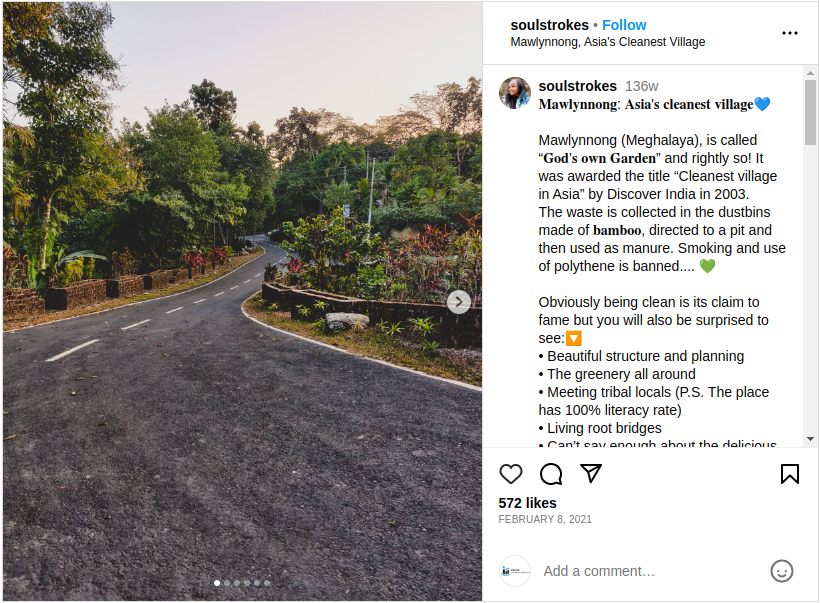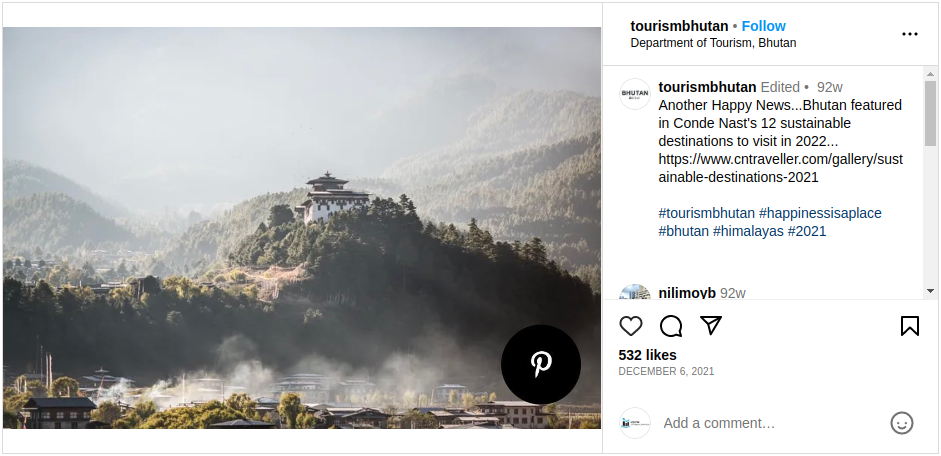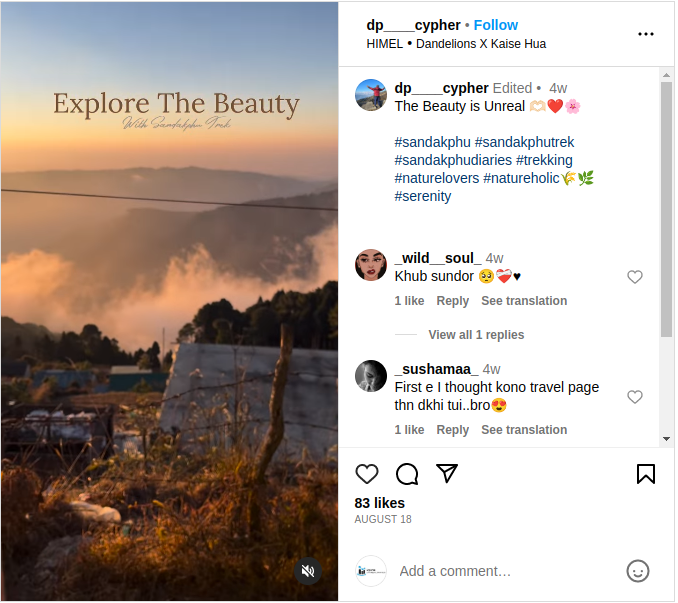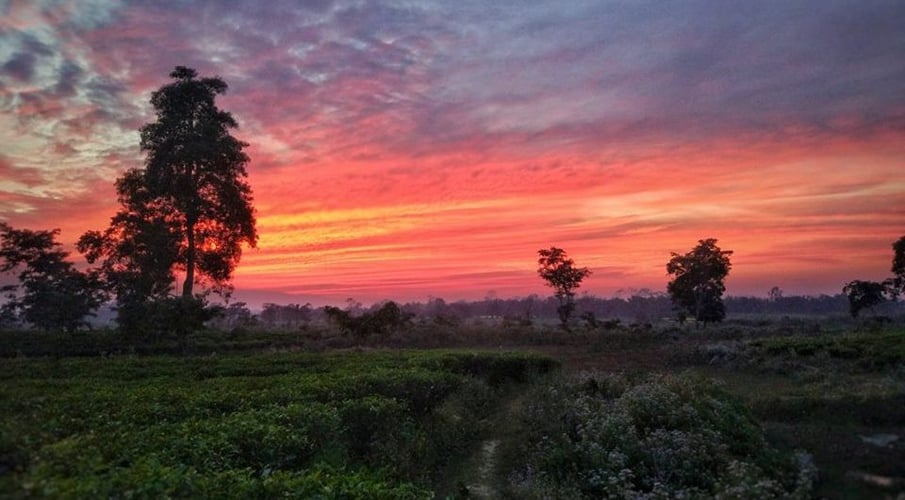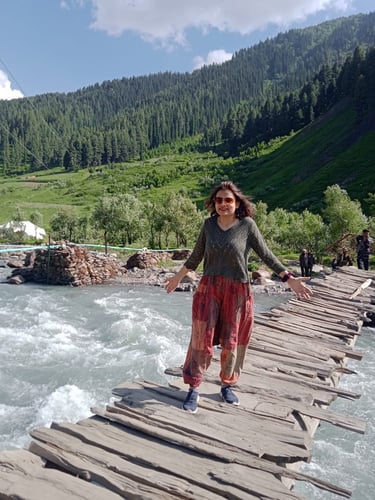What is Experiential Travel
Recent times have led to pivotal changes in most realms of life, including travel. Tracks have shifted in the tourism sector after the pandemic, where society has altered key mindsets in how it lives, works, and experiences life. This change has been organically reflected in travel, where tourists are keen to tour differently.
Experiential travel has galloped, and travellers are focussing on actively participating in varied cultures across the globe to create lifetime memories. They prefer absorbing a slice of local lifestyles through sports activities, sampling the cuisine by going on food trails and taking cooking classes, engaging in household chores, and staying at homestays. The thirst for new adventures is gaining momentum with the urge to discover unexplored gems. Unconventional and immersive tours have mushroomed globally, and people are vigorously seeking fresh horizons.
Origins: A Dive into Alternative Travel
The concept of experiential tourism may seem nascent to the average voyager, but the formal term has been floating around since the 1980s. Although there is no direct trail of the history of the theory, writers often retrace the similarity of the notion to the first half of the 20th century.
It was initially equated with experiential education, written by John Dewey in Experience and Education in 1938. An educator and philosopher, he highlighted the idea of progressive education that stressed the need to absorb through execution. He promoted the idea of experiencing reality by interacting with the environment to familiarise and master the real world. Dewey ardently believed that people learn best firsthand or through a hands-on approach. Travel today has adopted the same method of ‘learning by doing.’ This key philosophy of pragmatism was moulded and adopted by John Gattorna in 1985 in his book Insights in Strategic Retail Management. His coinage of the term and theory of experiential travel was expanded further to ‘where the destination is not as important as the experience which can be had there.’
Traditional versus Immersion Travel: Crushing Common Approaches
Previously, limited exposure to global trends boxed unorthodox ideas in a separate package that was researched only by a small section of people. Additionally, the absence of social media platforms created isolated pockets. The gaps today have been easily bridged with advanced technology, leading to a homogenised global village. The ‘Instagram effect’ lends further evidence to support the ideology of experiential travel with ‘micro-moments.’ Users can joyfully follow friends’ and strangers’ discoveries of unique travel destinations, their participation in local events, and their journeys with minimal research.
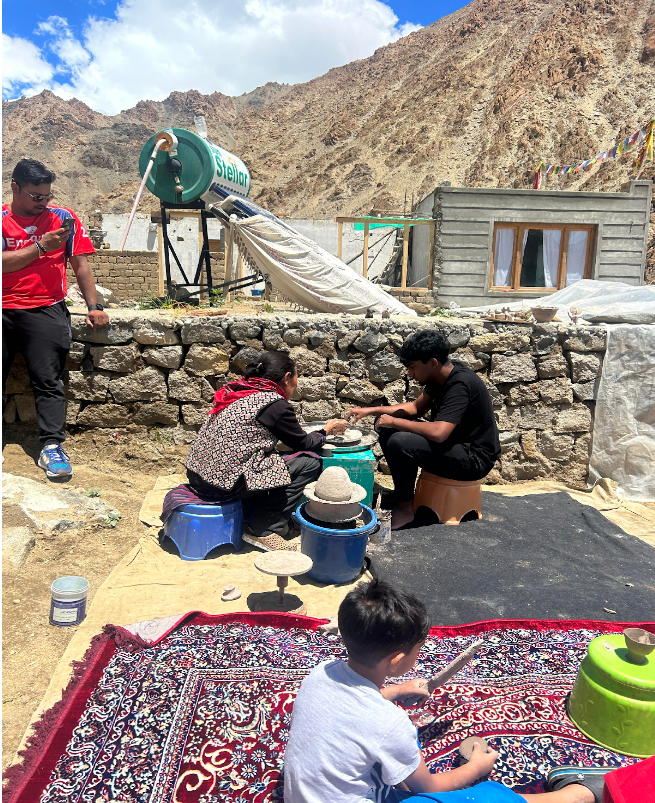
Tourists will enthusiastically connect with the culture and history of a country for a holistic travel memory. Fine examples include homestay lodging archery, yak herding, basket weaving, pottery, test-driving a local car, or more daring doings such as steering a tank and shooting at a military range. Even driving on the Alaskan highway or Alcan can be considered immersive travel.
At Offbeat Tracks we offer accommodation in heritage properties – including farms and tea estates – and boutique hotels, village walks, cycling tours, and authentic cooking classes, to name a few.
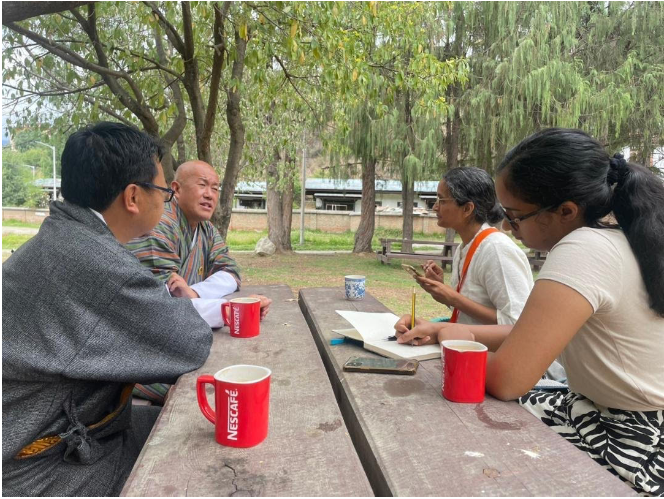
Broadly speaking, there are three subgroups of experiential travel that are the fastest-growing categories today:
Eco-Friendly Travel:
Travel today comes with a purpose, and eco-tourism or green tours pave the path to safeguard the local ethos, help the community, and reduce the carbon footprint in holiday destinations. Common ways to do that are through thoughtful decisions of choosing cleaner modes of transport or travelling to places respecting international environmental standards. It leads to immense local benefits such as conserving natural resources, creating awareness about ecological issues, hardening the doctrine of sustainability amongst tourists, and elevating infrastructure by creating jobs and employment.
Mawlynnong Village in Meghalaya illustrates the perfect example of ‘clean travel.’ It holds the distinction of being one of the cleanest villages in Asia, and bamboo dustbins are placed in every corner. There is a complete ban on plastic, and tourists are encouraged to use cloth bags. The Indian government has taken multiple steps to promote eco-tourism by offering financial incentives to travel businesses that promote eco-friendly practices.
Responsible Travel:
Ethical sustainability is a big draw for modern travellers and encompasses environmental, societal, and economic aspects. Tourists often pick destinations influenced by political choices in a bid to understand and support local cultures. The notional characteristic of travel being a singular concept has magnified and become an umbrella of informed diplomacy.
Bhutan shines through with its effort of responsible tourism by keeping the kingdom clean, undertaking the initiative to charge a daily tariff to tourists to boost the tourism sector, and donating a set percentage towards the preservation effort. The regulatory system ensures that hotels house enough guests and subsequently creates a demand for local guides.
Adventure Travel:
This category holds a comprehensive range of offerings and includes activities from engaging with nature and indulging in wildlife pursuits, interacting with different cultures, or participating in a physical activity.
India’s magical marvels in adventure travel spread far and wide. From the crystal-clear azure waters of the Andaman Islands offering a mesmerising scuba diving experience with its colourful marine life, to skimming the rapids in Rishikesh, hot air ballooning in Jaipur during sunset with a bewitching view of the Pink City and its palaces, caving in Meghalaya, and the unforgettable views of four of the world’s tallest peaks in Sandakphu with the Everest cluster on the left and the ‘Sleeping Buddha’ on the right, immersive travel in India reserves a spot for everyone.
Guide and Tips for Experiential Travel in India:
The dynamics of immersive travel can be truly enjoyed when one appreciates the routines of distant locales. There are numerous ways to plunge into local flavours, smells, and sights, to enhance one’s trip.
- Use Local Dialects: Learn verbal cues linked to daily greetings and simple sentences. Attempts to inquire about a language are endearing to the locals and usually translate into social invitations.
- Book a homestay and build connections with the local hosts. Indulge in rich discussions as they often lead to revelations of unusual sites, activities, and cultural titbits.
- Choose sustainable modes of transport. Run on the values of shared travel and bid farewell to private cars, thereby contributing to a lower carbon footprint while empowering the local economy.
- Join a walking tour led by a local and learn about fascinating nuggets about the resident culture, absent in textbooks.
- Travel to distant destinations and avoid local traps.
- Eat at stand-alone establishments to truly savour authentic cuisine.
- Volunteer for community-based activities such as a teaching drive or a park clean-up.
- Experience local performances such as theatre or sports.

While traditional ways of travelling are not going to disappear, society is ever-changing and transforming. The current crop of travellers is electing experience-based tours over conservative travel. Immersive journeys hold the power to be truly transformative, and holidaymakers today prefer renewing their energies through novel interests. Write to Offbeat Tracks, where our prime focus will be to tailor an itinerary that is both inspirational and personalised for you. We will create a trip to help you on your path to self-discovery through experiential travel.

